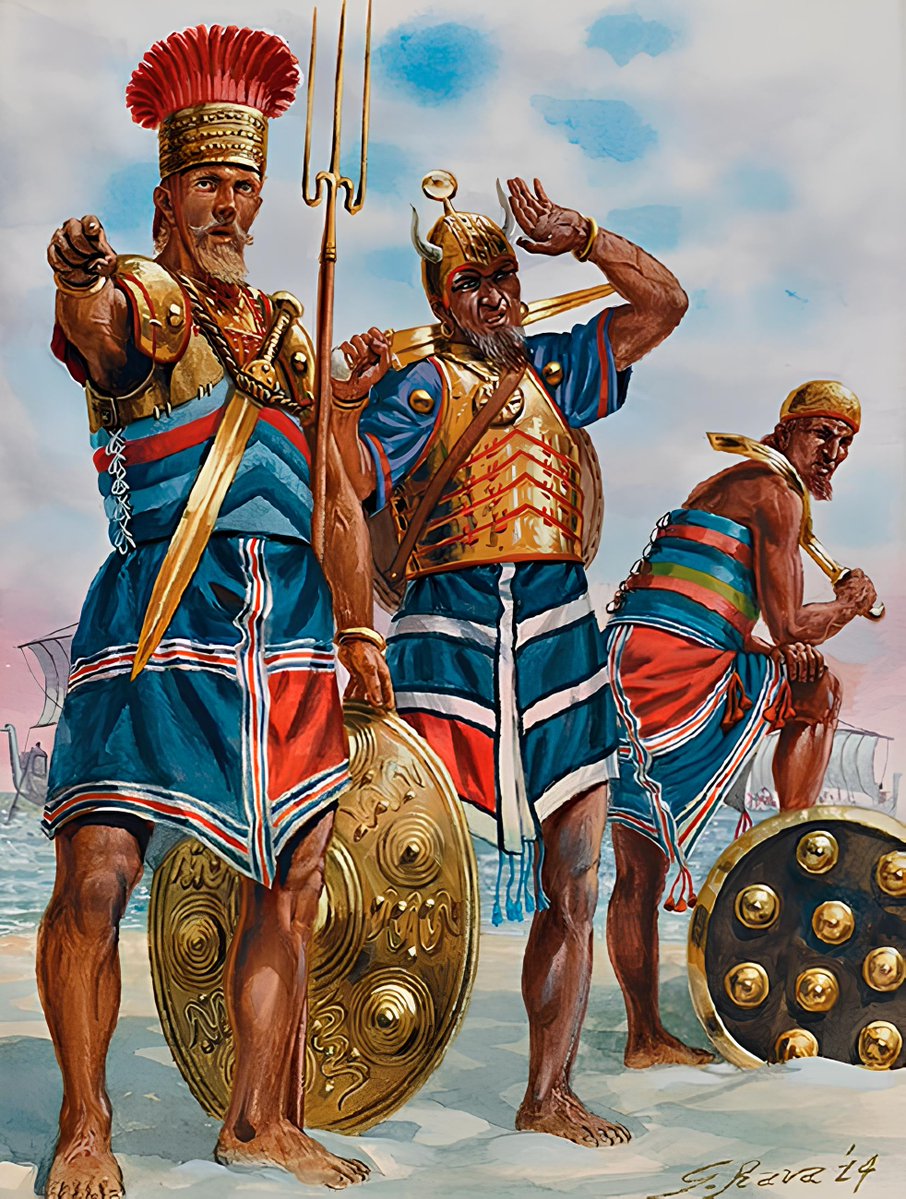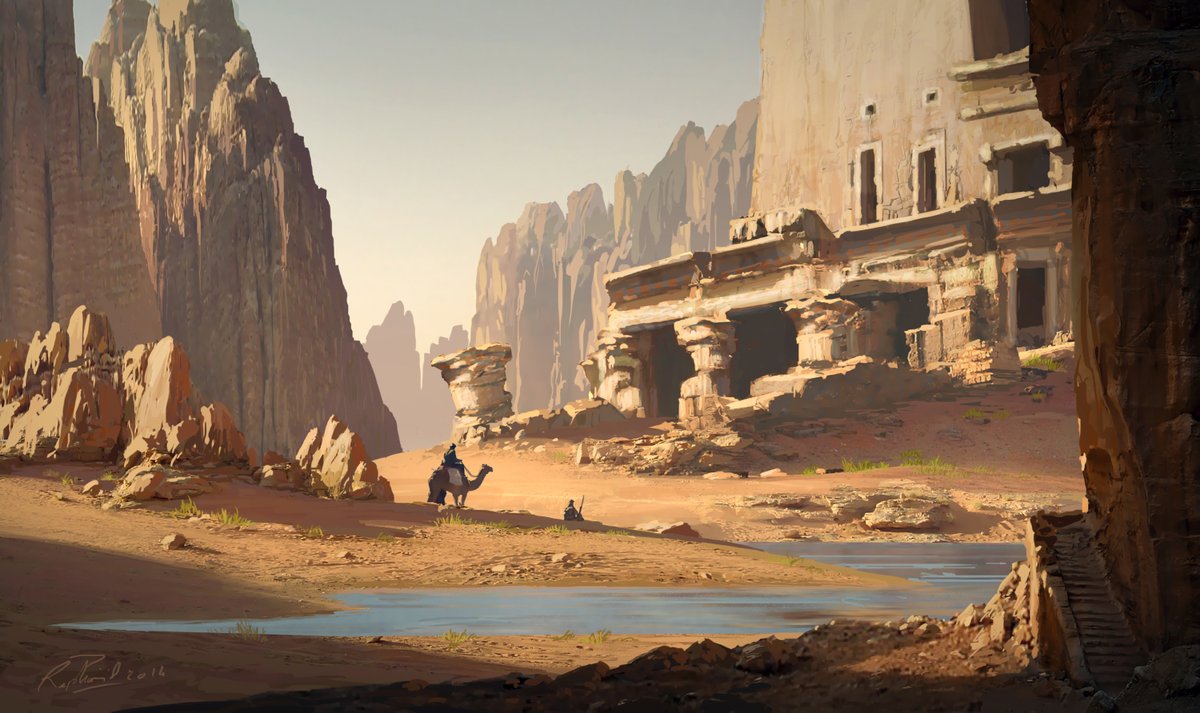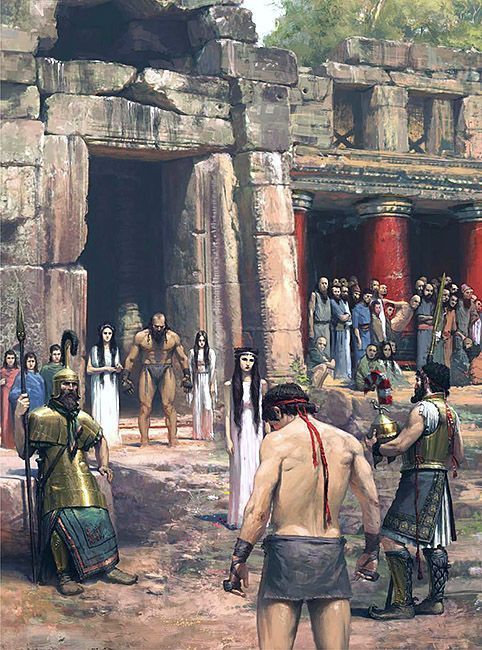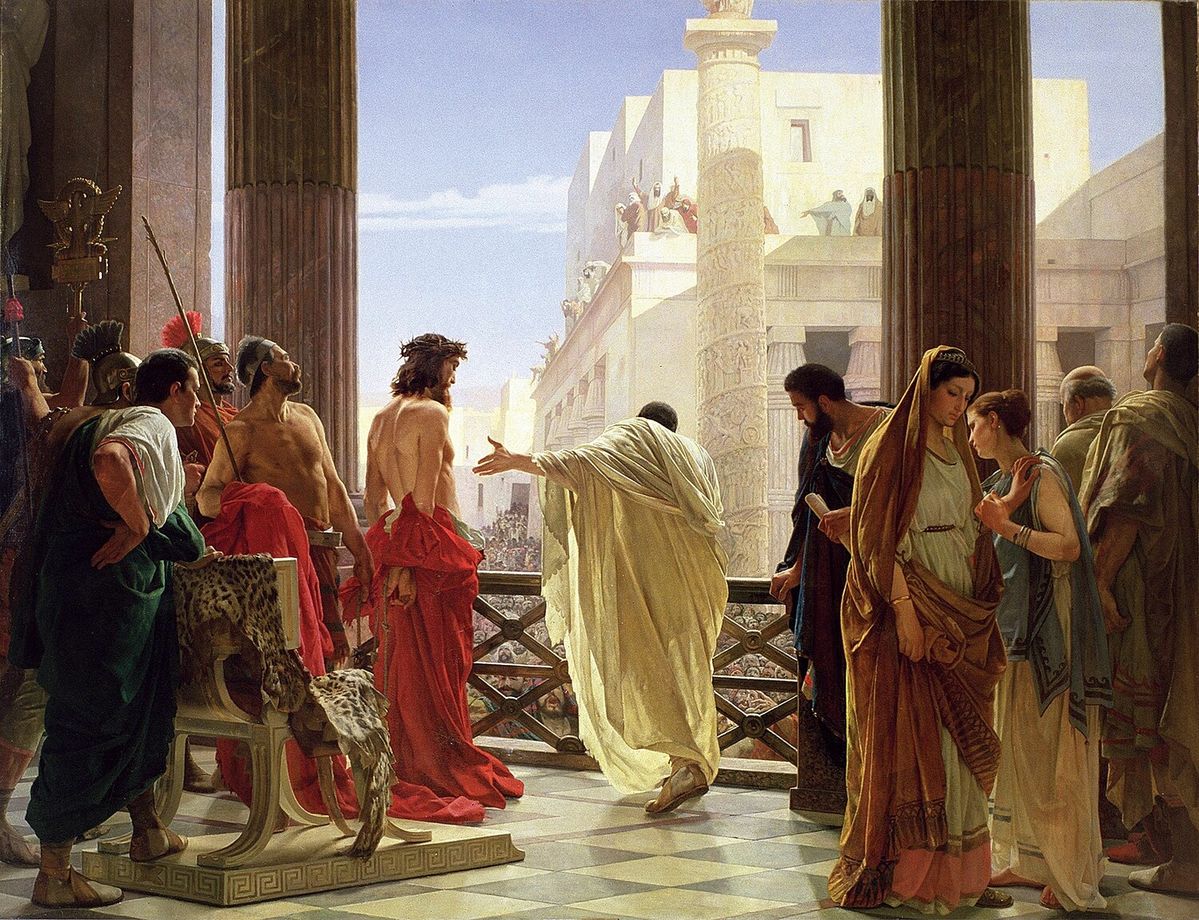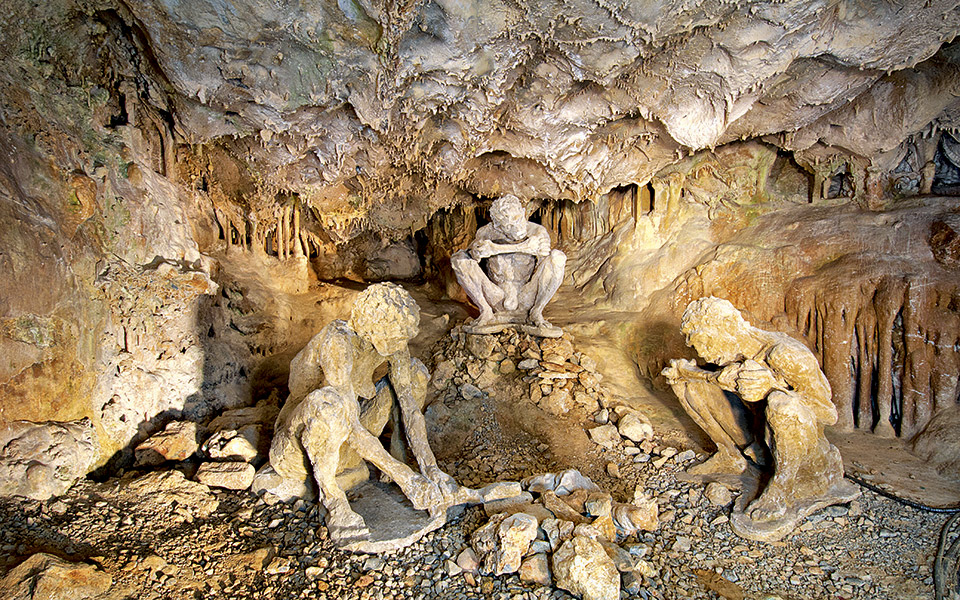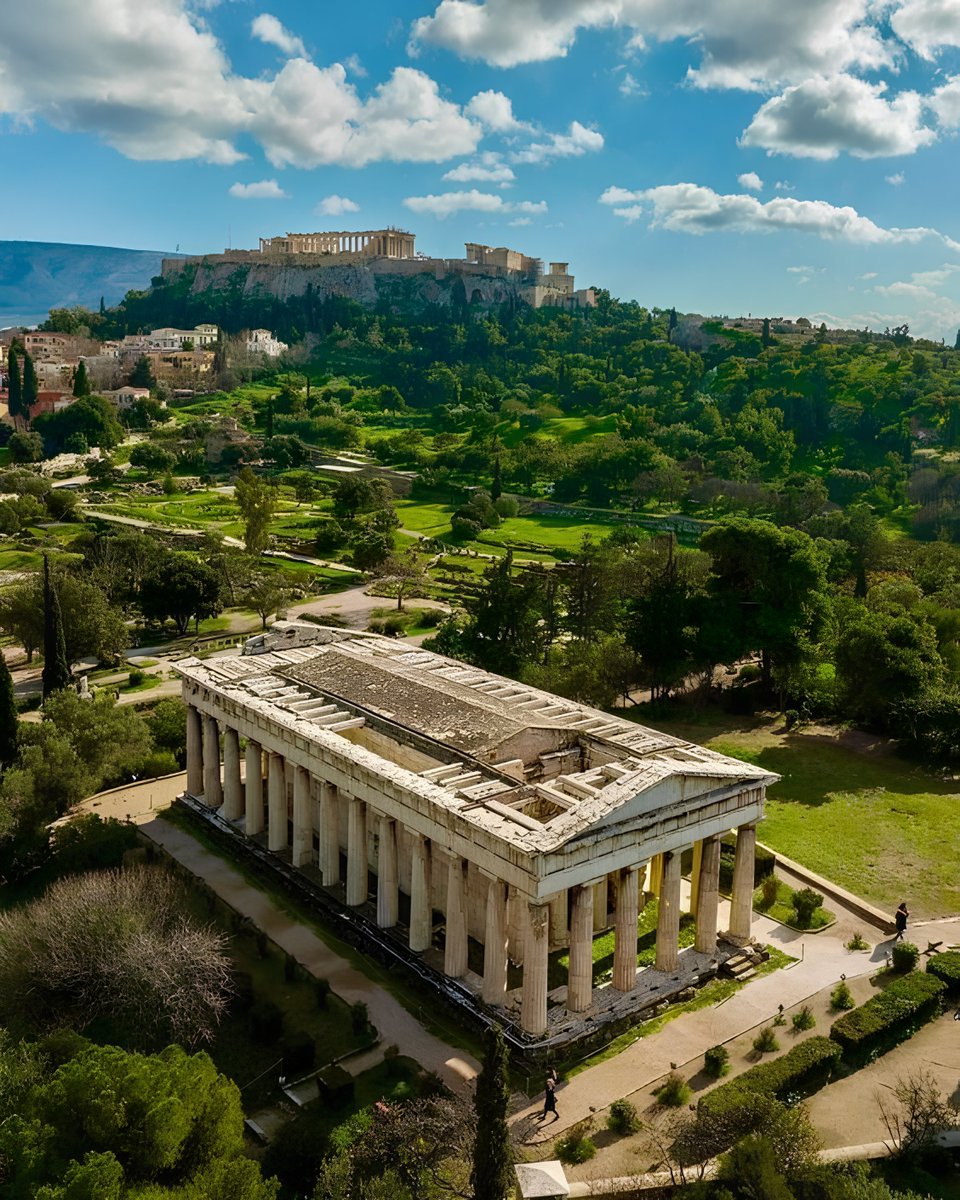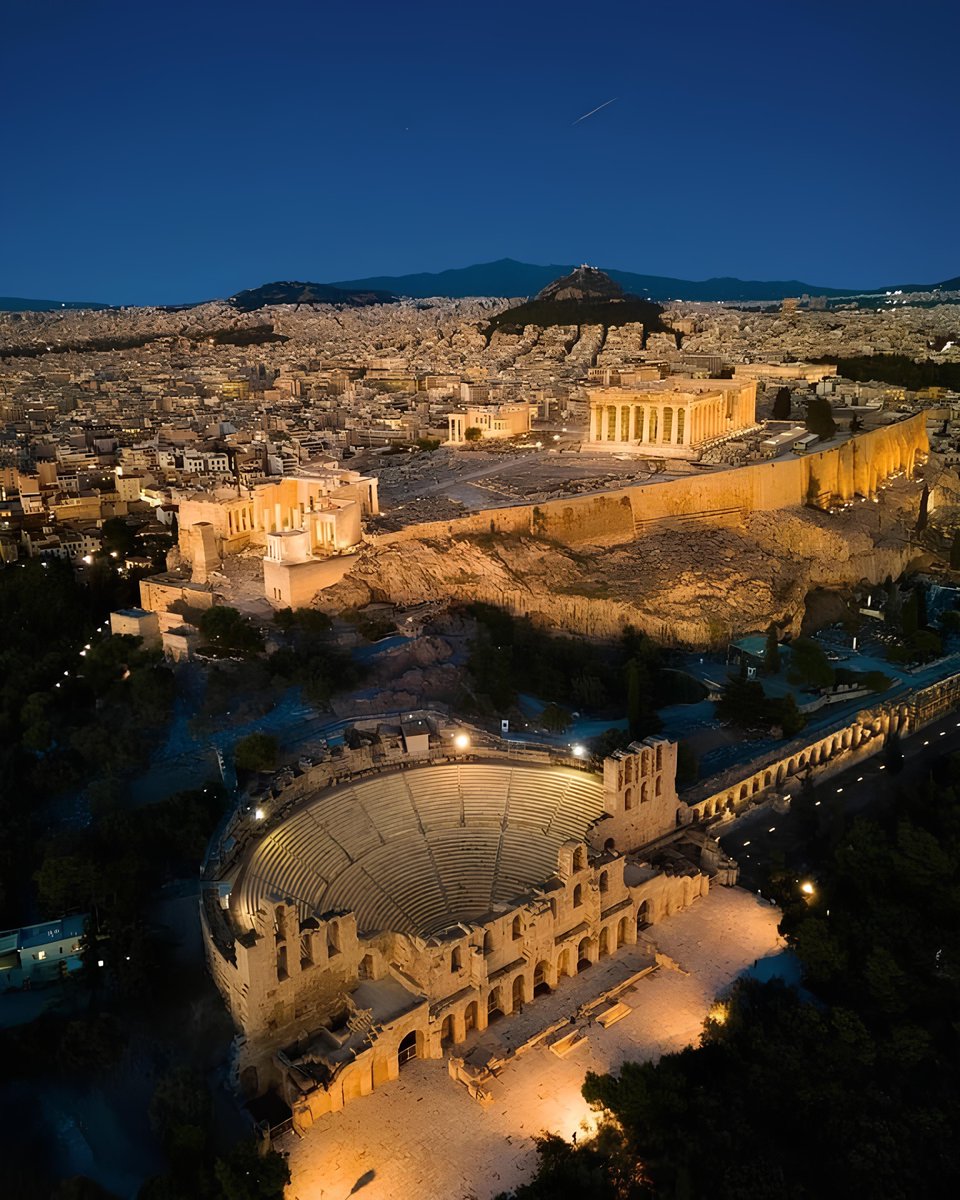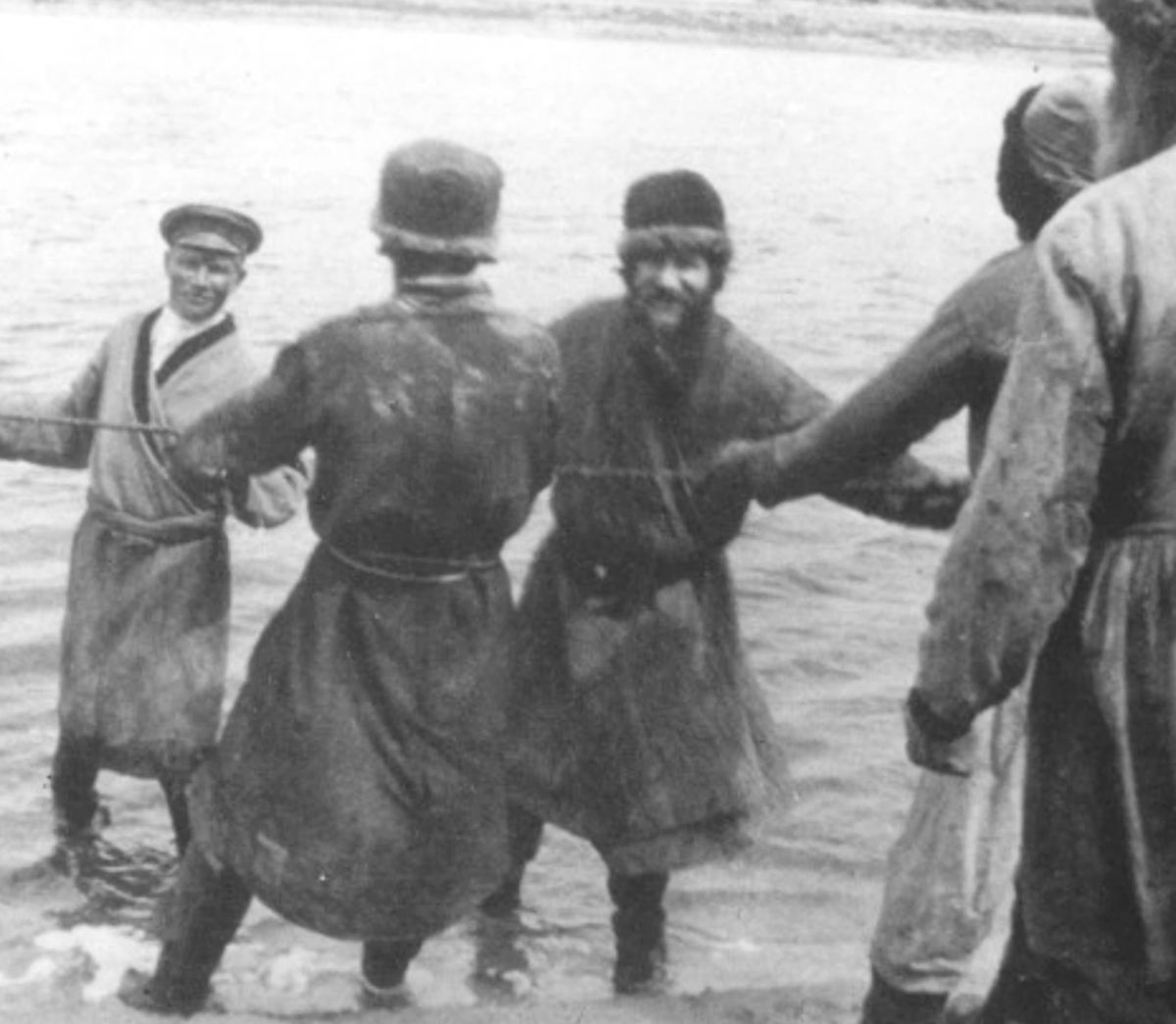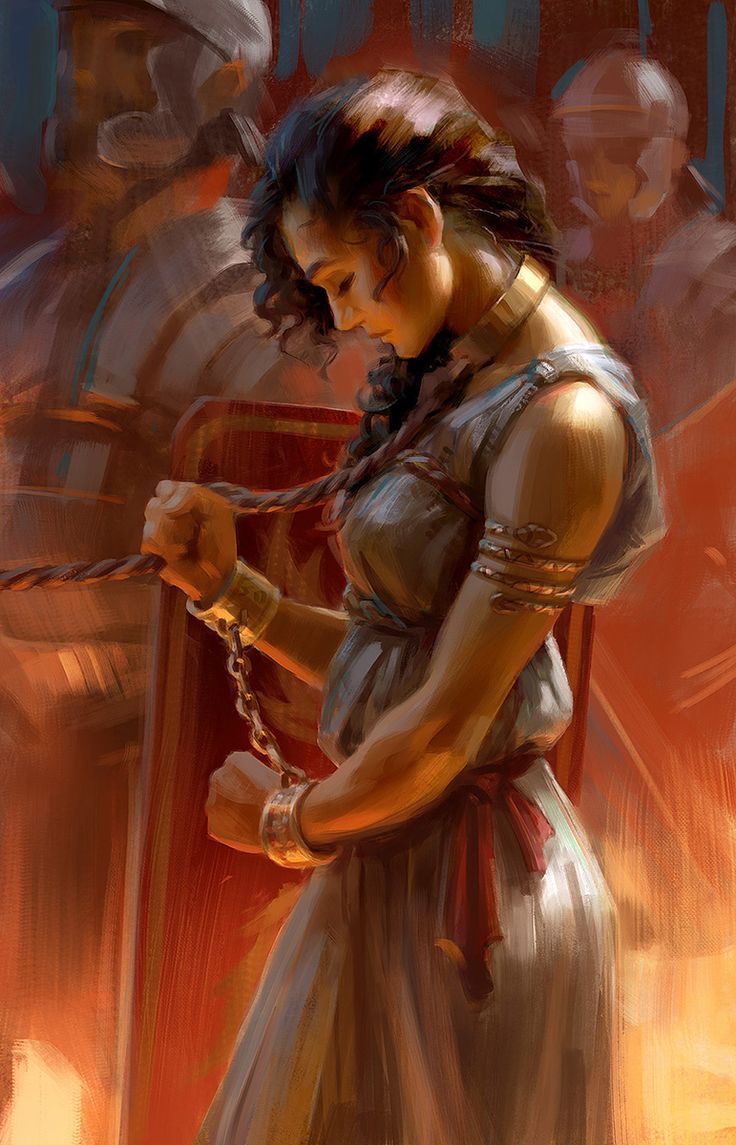The Roman Empire Against a Whale: Who would win?
Everybody knows about the Power of Rome and its armies; but did you know Rome went to war against a whale?
Here’s the story of Porphyrios, the badass whale that terrorized Byzantium for almost half a century!
Everybody knows about the Power of Rome and its armies; but did you know Rome went to war against a whale?
Here’s the story of Porphyrios, the badass whale that terrorized Byzantium for almost half a century!

Porphyrios (Greek: Πορφύριος) was a large whale that harassed and sank ships in the waters near Constantinople in the sixth century. 

Active for over fifty years, Porphyrios caused great concern for Byzantine seafarers. Emperor Justinian I made it an important matter to capture it, though he could not come up with a way to do so. 

The whale was given the name Porphyrios by sailors and its origin is not clear. Maybe it’s related to its color, as Porphyra meant a deep purple color in Greek and Porphyrios might have had dark-wine colored skin. 

Porphyrios is mentioned in the writings of the 6th-century Byzantine historian Procopius. According to him, it measured 13.7 meters long and 4.6 meters wide. Whales were not well understood in antiquity or in the Middle Ages and were often seen simply as great monsters. 

It is not possible to confidently identify which species Porphyrios belonged to. It might have been a sperm whale or an unusually large orca. If the name is a reference to the skin color, it could support either identification. 

Porphyrios harassed ships in the waters of Constantinople for over fifty years, though not continuously since it at times disappeared for lengthy periods. It made no distinctions in regard to which ships it attacked, recorded as having attacked fishermen, merchants and warships. 

Many ships were sunk by Porphyrios, and its mere reputation terrified the crews of many more; ships often took detours to go around the waters where the whale most commonly swam. Emperor Justinian, perplexed by the whale attacks and wishing to keep sea routes safe, made it a matter of great concern to capture Porphyrios, though he was unable to devise a means to do it.

When chasing dolphins one day, Porphyrios ran aground near the mouth of the Black Sea and was beached. Though it struggled and attempted to get out of the mud, it only managed to sink deeper into the mud, and become more stuck. 

Locals organized themselves into a mob to kill the famous sea monster, rushing out with axes and ropes.They first attempted to kill Porphyrios using their axes, but failed. Using ropes and wagons, he was hauled further up the beach and the whale was attacked and cut into pieces. 

Its death was a great relief to the general population, though some speculated that the killed whale might have been a different one. Our vigilante might have actually escaped. He is the earliest documented case of a rogue whale attacking seafarers. 

I personally believe this badass whale rode into the sunset, entering the realm of legends!
What do you believe? Did you know the story?
What do you believe? Did you know the story?

• • •
Missing some Tweet in this thread? You can try to
force a refresh


